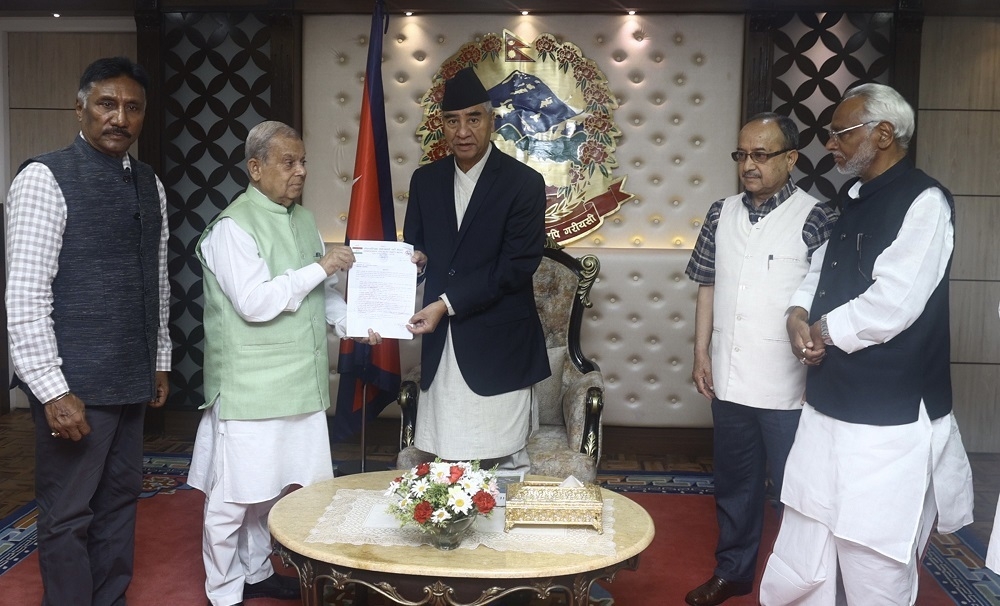MSF pointed out that under the proposals from the U.K., even treatment providers could be subjected to legal actions for prescribing generic medicines for which India is one of the largest manufacturing hubs…reports Asian Lite News
The proposals on intellectual property (IP) rights in the draft India-United Kingdom Free Trade Agreement (FTA) will hurt the global supply of generic medicines, Doctors Without Borders (Médecins Sans Frontières or MSF) warned on Wednesday.
In a press note, the international organisation said low medicine prices help save lives in vulnerable communities across the world but the intellectual property chapter of the India-U.K. FTA contains “harmful IP provisions”. The IP-related chapter, leaked on October 31, showed that the controversial provisions tabled by the U.K. to “tighten the screws on producing, supplying and exporting affordable generic medicines from India”.
“Given the disastrous consequences, this leaked IP chapter could have on the global supply of generic medicines, the U.K. government should withdraw it completely. India should stay vigilant and not allow barriers to affordable medicines to be written into FTA negotiations,” Leena Menghaney, South Asia head of MSF’s Access Campaign, said.
In a “Fact Sheet”, MSF has argued that the demand for “harmonisation” of Indian patent law with the U.K.’s laws will lead to dilution of important provisions in the Indian patent system that are necessary for manufacturing generic medicines and vaccines.
“Article E.10 of the leaked IP chapter stipulates that both parties “shall not” make patent opposition proceedings available BEFORE the grant of a patent. In effect, this provision applies only to India as the U.K. does not have a pre-grant opposition system – this goes directly against the current Indian patent law, which allows patent opposition proceedings both before and after the grant of a patent,” the MSF said in its observations on the IP provisions.
MSF pointed out that under the proposals from the U.K., even treatment providers could be subjected to legal actions for prescribing generic medicines for which India is one of the largest manufacturing hubs. MSF said that the IP provisions brought up by the U.K. opened up possibilities for “excessive enforcement” that are likely to create difficulties for both Indian pharmaceutical companies as well as the legal set-up.
MSF highlighted that another problematic provision is Article J.11 of the leaked IP chapter. Under this provision, Customs officials could block legitimate medicines from leaving India for other developing countries if a multinational pharmaceutical corporation was to claim that their patents were being infringed upon by the Indian product. “Furthermore, Article J.5 and J.7 prescribe how courts should adjudicate IP disputes, which could impact [Indian] judicial discretion,” MSF said.
A British government spokesperson said they would not comment on the “alleged leaks” and will only sign “a deal that is fair, reciprocal, and ultimately in the best interests of the British people and the economy”.
ALSO READ-Sunak committed to FTA with India














